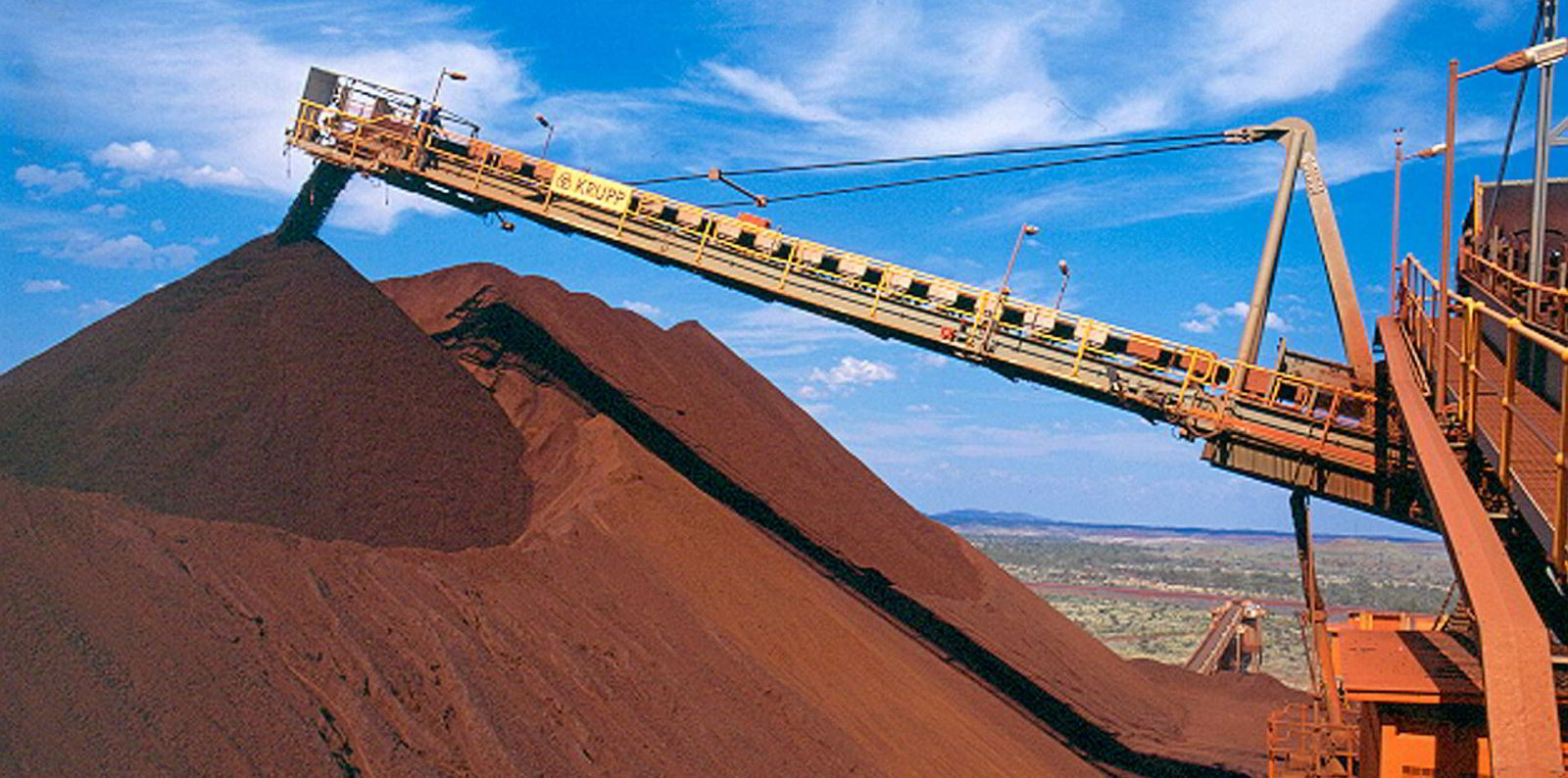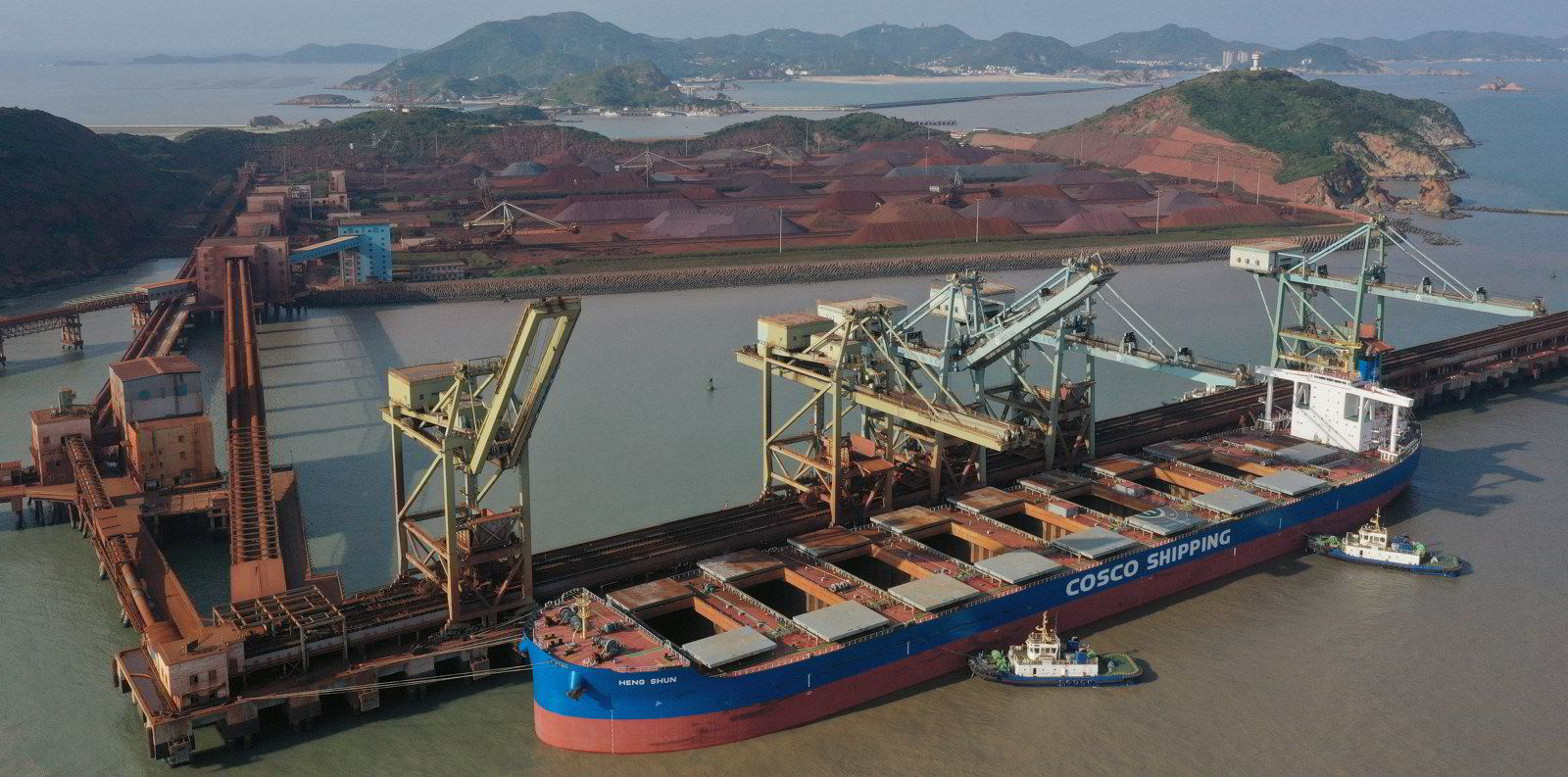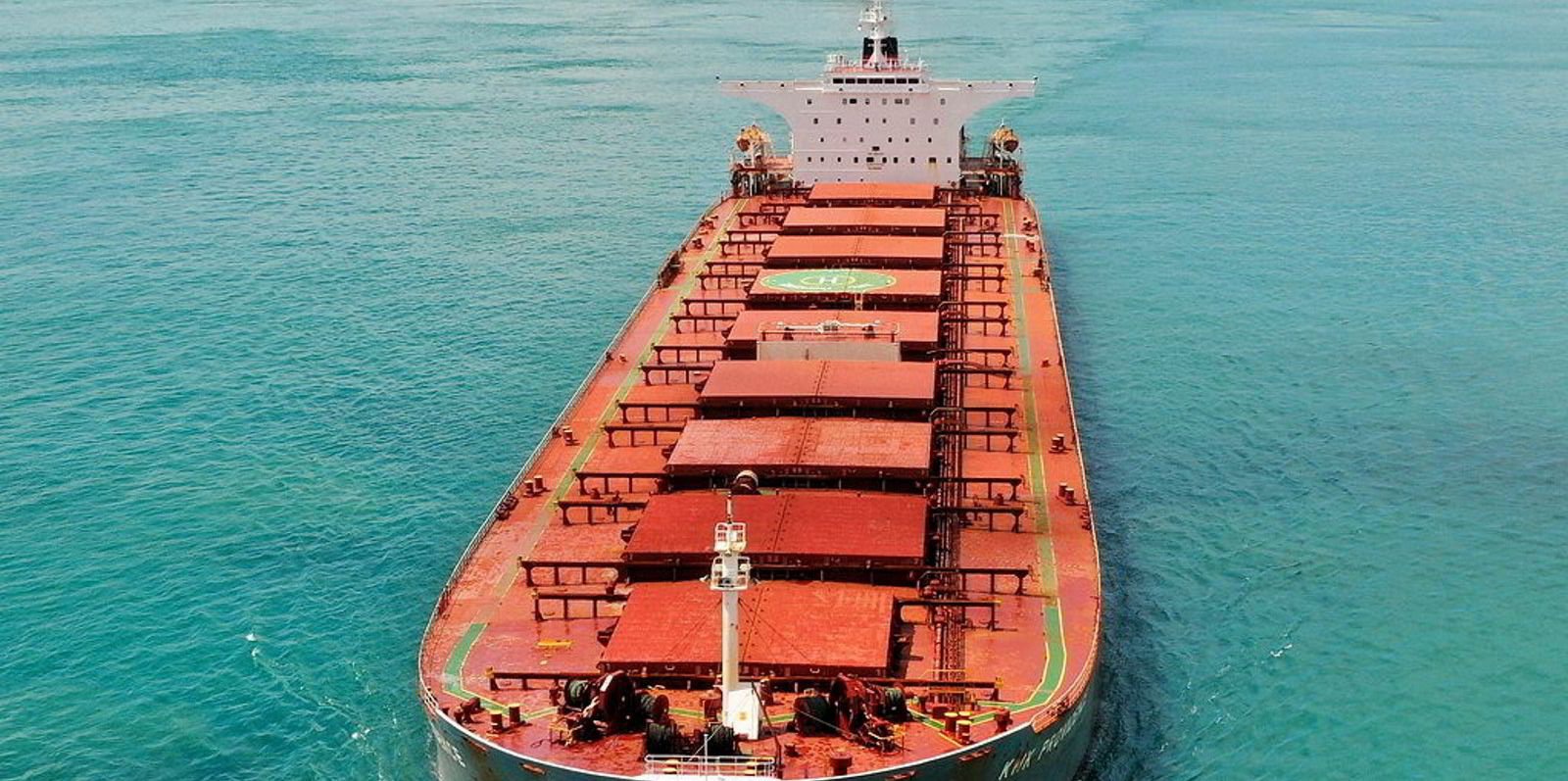Rates for benchmark routes for capesize bulkers that ship iron ore to China for steelmaking have slid to their lowest level in months as China’s real estate industry falls into deeper financial turmoil.
The average spot rate for the C14 roundtrip route between Brazil and China dropped 10% on Wednesday to $11,175 per day, marking its lowest point since 20 April when it declined to $10,268 per day.
The average freight rate for the C3 leg from Brazil to China also reached a multi-month low on Wednesday after declining 3.89% to $24.28 per tonne.
The last time it went below $24 was on 7 March, when it hit $23.60 per tonne.
The average freight rate for the C5 route from West Australia to Qingdao, China, fell 10% on Wednesday to $8.55, finding a new low since nearly six months ago when it came in at $8.132 per tonne on 18 February.
The capesize 5TC, a spot-rate average across five key routes, slid to its lowest level in more than three months by declining 9.21% to $14,824 per day on Wednesday.
It has not been that shallow since registering $13,571 per day on 21 April.
But Baltic Exchange analysts said they heard that Brazilian iron-ore giant Vale may be shipping some iron ore on the C3 route in line with prevailing rates, despite China’s fallen demand for the commodity.
“There was talk of Vale taking possibly four vessels last night for moving iron ore from Brazil to Qingdao at the level of $24 mainly for second-half August loading,” they said.
Vale hired Genco Shipping & Trading’s 177,700-dwt Baltic Bear (built 2010) on Tuesday to move 170,000 tonnes of iron ore from Tubarao, Brazil, to Qingdao, China, at $24.20 per tonne. Loading is set for 22 to 31 August.
The miner fixed Pan Ocean’s 175,100-dwt Pan Gold (built 2011) on Thursday to ship the same amount of ore on that route at $25 per tonne, according to Baltic Exchange’s fixture data.
These recent fixtures, however, do not soften the hard reality that China’s real estate sector has been struggling for much of 2022 after its government called upon property developers to pay down their debt.

Evergrande Group, China’s second-largest property developer has been wrestling with $300bn in debt for months and has been ordered to pay $1.1bn to a guarantor for failing to honour debt obligations.
The company, which plans to sell its Hong Kong headquarters, has stalled dozens of building projects as a result, while China’s banks deal with a $350bn mortgage crisis as homebuyers refuse to pay mortgages on homes that Evergrande has yet to build, Bloomberg has reported.
“The recent reported economic numbers out of China point to a significant deterioration in activity, especially for the very important real estate sector,” Breakwave wrote in a report released on Tuesday.
“Such a crucial engine of economic growth is going through a recessionary period, and despite the significant stimulus activity by the government, the effort to convert such liquidity into tangible growth has so far failed.”






